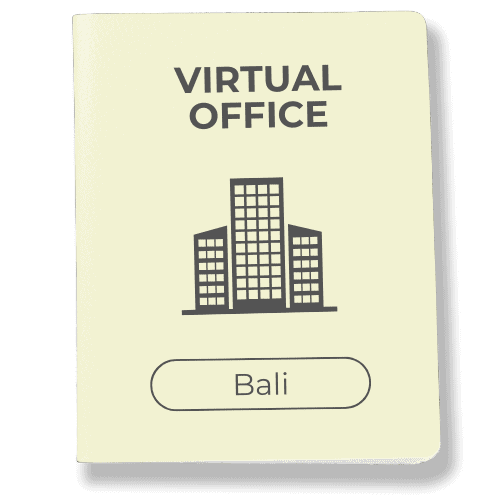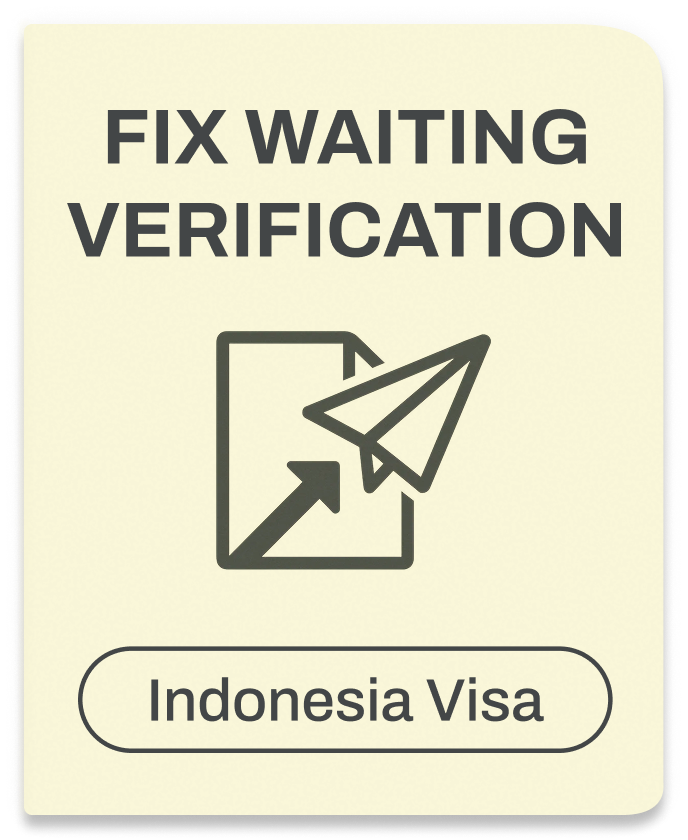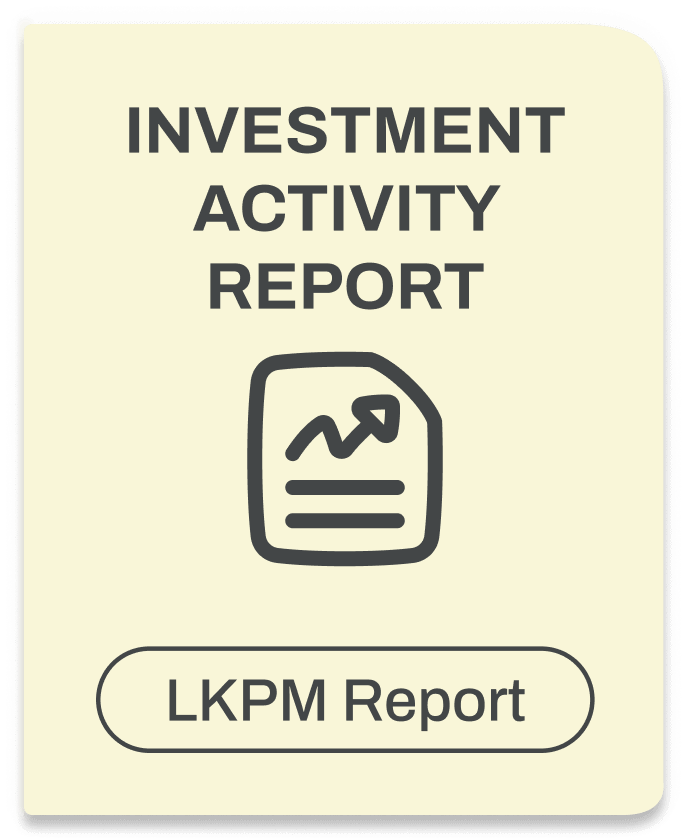Driving in Bali 2025: Traffic Laws & Tips for Foreigners
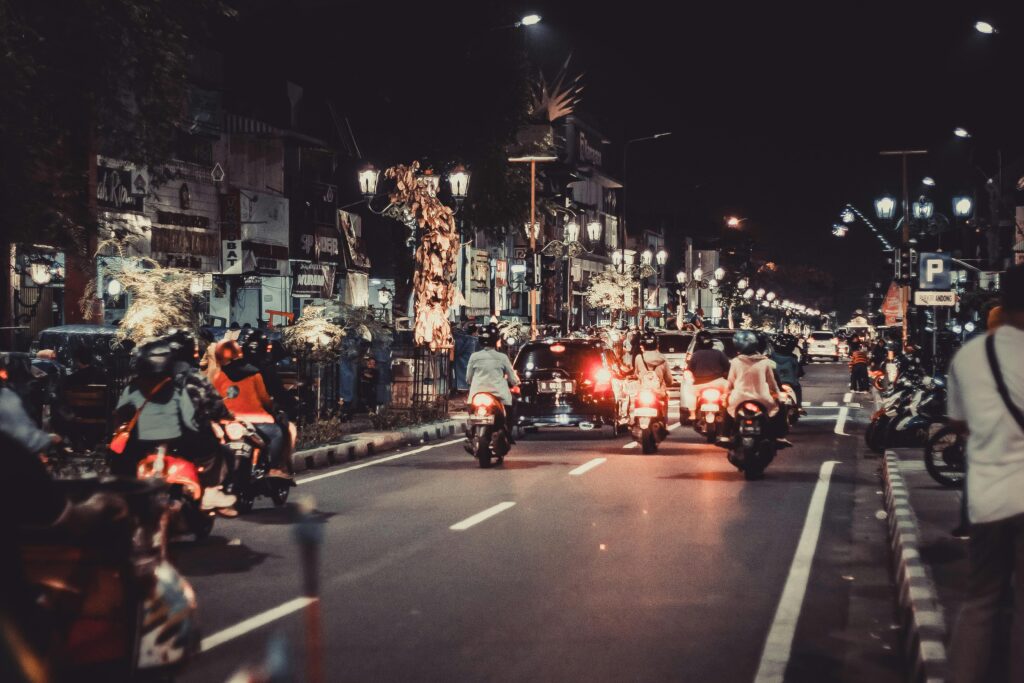
Driving in Bali gives you a unique driving experience, but you need to know the local road rules to feel confident on the streets. If you ever get a traffic ticket, don’t panic. It happens to many people driving in Bali, especially if they aren’t used to Indonesian traffic laws.
First, understand that tickets are part of keeping roads safe for everyone. They remind drivers to follow the rules and protect others. By learning how to handle a ticket the right way, you’ll avoid bigger problems and continue your driving experience smoothly.
Let’s go through each step so you know exactly what to do and can keep enjoying your time in Bali without stress.
General Traffic Rules in Bali
Bali follows Indonesia’s traffic rules, which can differ from what you know back home. People drive on the left hand side of the road here, and you will need to change gears with your left hand. Always carry your driver’s license, and if you’re a foreigner, an international driving permit.
An international driving license (or international drivers permit) is required for foreign drivers; your home country driving license alone is not sufficient. You must obtain your international drivers permit from your own country, typically through your local automobile association, and a national license from your home country is also required.
Driving requirements may vary by country, but international drivers must always have the correct documentation. Wearing a helmet is mandatory for scooters, and seatbelts are required for all car passengers.
Traffic Lights and Using Phones
It is important to always stop at a red light and never run a red light, as traffic light violations, such as ignoring red lights, are common in Bali and can result in fines. Police take these traffic light violations seriously. Never use your phone while driving unless you use hands-free. Police checks are common, and using a phone without hands-free can result in fines.
Vehicle Papers and Speed Limits
Always carry your vehicle registration papers and other documents. If the police stop you, they will check these. If you are driving a rented vehicle, make sure to check the insurance coverage included in your rental agreement, including what is covered in case of damage or theft. The speed limit varies: in cities, it’s usually 40-50 km/h, while outside towns it can go up to 80 km/h.
Driving Rules for Scooters

Motorcycles and motorbikes are the most common vehicles on Bali’s roads, so you’ll be sharing space with many of them. Be especially cautious when overtaking or being overtaken by other motorbikes and motorcycles, as overtaking is frequent and can be risky.
Riding with More Than One Passenger
In Bali, it’s against the law to carry more than one passenger on your scooter. The rules are simple: a scooter is made for one rider and one passenger. You might see locals riding with two or even three kids squeezed in front, but that doesn’t make it legal, or safe. To ensure you are protected in case of injury or accident, always have comprehensive travel and health insurance before exploring Bali.
Not Wearing a Helmet
Always wear a helmet when you ride a scooter in Bali. It’s not just about avoiding fines, it’s about protecting your life. The law requires both the rider and the passenger to wear helmets. Even if you’re only going down the road to get coffee, put it on. Police often run helmet checks, and fines are common. Plus, hospitals here see too many head injuries from simple falls that a helmet could have prevented.
Scooter Not Meeting Technical Requirements
Your scooter needs to be in good working condition to be legal on Bali’s roads. That means working brakes, working lights, clear mirrors, and a valid registration plate. Rental companies should handle maintenance, but always check before you ride. Also, avoid using poor quality fuel, as it can damage the engine and affect your scooter’s performance. Safety isn’t just a rule, it’s common sense on Bali’s busy roads.
Not Turning On Your Headlights During the Day
In Indonesia, scooter riders must turn on their headlights at all times, day or night. Why? Because it makes you easier to see, especially in Bali’s narrow streets or when weaving through traffic.
Using a Loud (Modified) Exhaust
Scooters in Bali must use standard, legal exhaust pipes. Modified or loud exhausts are banned because they disturb the peace and often don’t meet emission standards. You’ll hear many local bikes roaring with custom pipes, but technically, they’re illegal. If your rental has a noisy exhaust, ask for a standard one instead.
Rules for Car

Driving a car in Bali comes with its own set of rules, and it’s important to know them all. Cars are a popular choice for self drive and car rental in Bali, offering flexibility for independent travelers, but understanding the specific rules for cars is essential. Navigating Bali’s main roads can be challenging due to informal local driving habits and sometimes unclear or missing road signs, so using Google Maps and paying close attention to signs is especially helpful for self drive travelers.
Driving Side and Seatbelts
First, drive on the left side and always wear your seatbelt. Everyone in the car must buckle up, not just the driver, as police check this often.
Licensing and Vehicle Condition
You must have a valid driver’s license from your home country (national license) in addition to an international driving permit if you’re a foreigner. The international driving permit alone is not sufficient; you must present both your valid driver’s license and the IDP to legally drive in Bali. Make sure your car has working seatbelts, lights, mirrors, indicators, and horn. Police conduct frequent checks, especially in tourist-heavy areas, and may issue fines for missing safety features.
Parking and Phone Use
Don’t park just anywhere. Only park in marked areas or you might get fined, clamped, or towed. Using a phone while driving is illegal unless you use hands-free.
Speed Limits and Pedestrian Crossings
Keep your speed within limits: usually 40-50 km/h in town and up to 80 km/h outside town. If you see a pedestrian crossing, slow down and let people pass safely.
Defensive Driving and Alcohol
Be careful at intersections, especially in busy areas like Kuta or Denpasar, as many drivers don’t signal properly. Always observe other drivers, especially local drivers and Balinese drivers, since their behavior may differ from what most drivers do in other countries.
Drive defensively and watch for sudden stops. The chaotic traffic in Bali means you need to be aware of the unwritten and unspoken rules that guide everyday life on the roads. Never drink and drive. Bali’s roads are narrow, busy, and full of surprises. Stay alert and drive safely at all times.
Traffic Violation Laws and Sentences
Bali enforces strict traffic rules under Indonesian law, as outlined in the Indonesian Road Traffic and Transport Law. Below is an overview of key articles outlining common violations, penalties, and possible sentences for each offence to ensure drivers understand the legal consequences before getting on the road.
- Driving Without a Valid License: Article 281
- Penalty: Imprisonment for up to 4 months or a fine of up to Rp 1,000,000.
- Vehicle Registration Violations: Article 288
- (1) Without valid STNK / Registration Papers (STCK)
- Penalty: Imprisonment for up to 2 months or a fine of up to Rp 500,000.
- (3) Using Unofficial Vehicle Number Sign or No Vehicle Number Sign
- Penalty: Imprisonment for up to 2 months or a fine of up to Rp 500,000.
- (1) Without valid STNK / Registration Papers (STCK)
- Not Wearing a Safety Belt: Article 289
- Penalty: Imprisonment for up to 1 month or a fine of up to Rp 250,000.
- Motorcycle Helmet Violations: Article 291
- (1) Riding Without a Helmet
- Penalty: Imprisonment for up to 1 month or a fine of up to Rp 250,000.
- (2) Passenger Without a Helmet
- Penalty: Imprisonment for up to 1 month or a fine of up to Rp 250,000.
- (1) Riding Without a Helmet
- Carrying More Than One Passenger on a Motorcycle: Article 292
- Penalty: Imprisonment for up to 1 month or a fine of up to Rp 250,000.
What to Do If You Are Stopped by Police
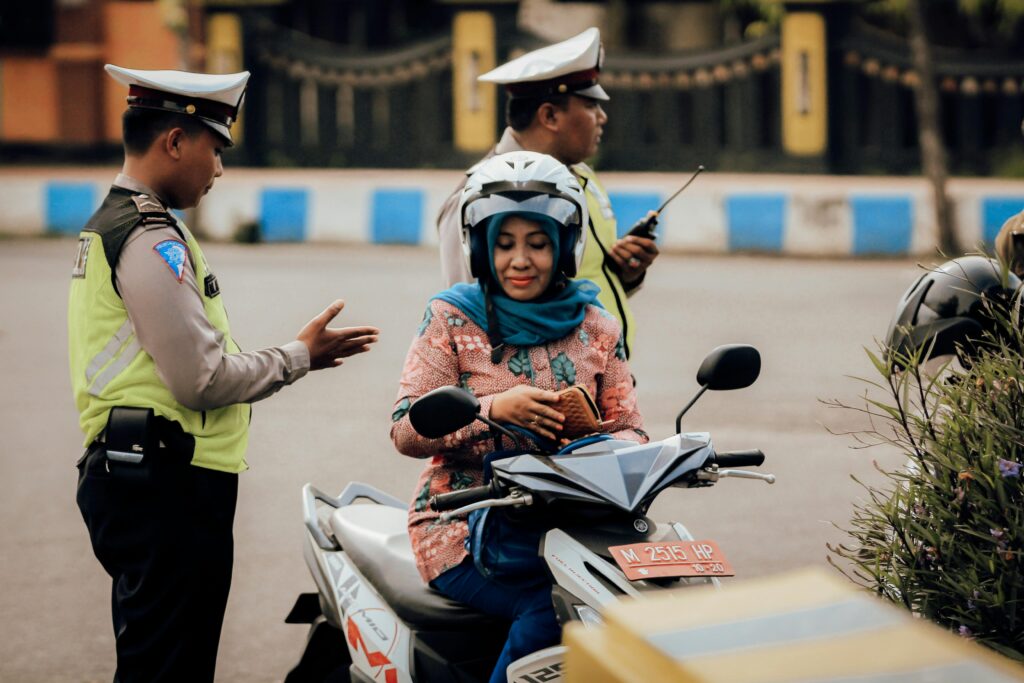
We know, getting stopped by police can feel scary if you don’t know what to do. Here is a simple guide to help you handle it calmly and correctly.
Stay Calm and Be Polite
If a police officer stops you in Bali, don’t panic. Take a deep breath and stay calm. Always greet them politely with a smile and say “Selamat pagi” (Good morning) or “Selamat siang” (Good afternoon).
Show Your Documents
They will usually ask for your driving license, international driving permit, and vehicle registration papers. Keep these documents in an easy-to-reach place so you don’t fumble around looking for them.
Listen Carefully and Don’t Argue
Listen to what the officer says. If you don’t understand Bahasa Indonesia, ask politely if they can speak English. Never raise your voice or argue. Being calm shows respect and keeps the situation easy.
Ask for an Official Ticket If Fined
If they say you broke a rule, you might get a fine. Always ask for an official ticket or receipt. In Indonesia, an official ticket (called Surat Tilang) is a printed slip showing your name, violation, fine amount, and where to pay. An unofficial ticket might just be a handwritten note or no paper at all, with the officer asking for cash directly.
Pay at the Police Station If Needed
If you get an official ticket, you usually need to pay the fine at the nearest police station or bank, not directly to the officer. Ask them where and how to pay it properly.
Don’t Offer Bribes
Some tourists try to give small money to avoid trouble, but this is illegal. You could face bigger legal problems. Under Indonesian anti-corruption law (Article 5 of Law No. 31/1999), giving a bribe to a public official can lead to imprisonment of up to 5 years or a fine of up to Rp 250 million. Always ask for the legal way to settle your fine.
Thank the Officer
After everything is settled, thank the officer politely. This helps end the stop in a good way.
Step-by-Step: How to Handle a Traffic Ticket
So, you get traffic ticket? Don’t worry. Follow these simple steps to understand what to do and avoid any extra trouble or fines.
1. Receive and Check Your Ticket
When the police give you a ticket, read it carefully. Make sure your name, vehicle number, type of violation, the law article you broke, and the court date (if any) are correct.
2. Check the Ticket Color
Blue Ticket
- You agree that you broke the rule.
- You can pay the fine:
- At Bank BRI: through a teller, ATM, or online banking using the BRIVA number on your ticket.
- Via e-Tilang app or website, if available in your area.
Red Ticket
- You disagree with the violation or want to defend yourself.
- You must go to court on the date written on the ticket.
3. How to Pay a Blue Ticket Fine
Example: Paying via BRI ATM
- Go to a BRI ATM.
- Choose Payment → Others → Traffic Fine (Tilang).
- Enter your BRIVA number from the ticket.
- Check the fine amount, then confirm and pay.
- The payment is recorded automatically.
- Bring the receipt to the police station to pick up your driver’s license or vehicle registration.
4. How to Handle a Red Ticket (Court Process)
- Go to the district court on your court date. Bring:
- The red ticket.
- Your driver’s license or vehicle registration (if they took it).
- Enough cash to pay the fine.
- Wait until your name is called.
- Stand before the judge. They will decide:
- If you’re guilty, pay the fine at the court cashier, then get your license or registration back.
- If you’re not guilty, you can take your license or registration without paying.
5. Retrieve Your License or Registration
After paying your fine (whether via bank or after court), go to the police station listed on your ticket. Show your proof of payment to get your documents back.
FAQs: Bali Traffic Rules & Road Tips
Q: Do I need an international driver’s license to drive in Bali?
Yes. Foreign visitors need an International Driving Permit (IDP) along with their home country license to legally drive in Bali.
Q: What happens if I get stopped by the police in Bali?
Stay calm, pull over safely, and show your driver’s license, registration (STNK), and passport copy if asked. The police will explain your violation and issue a ticket if needed.
Q: How much is the fine for driving without a valid license in Bali?
If caught driving without a valid license, you can be fined up to IDR 1,000,000 (about $65 USD) or face up to 4 months in jail under Article 281.
Q: Can I pay my traffic ticket online in Bali?
Yes. For blue tickets, you can pay through Bank BRI ATMs, tellers, or internet banking using the BRIVA number on your ticket.
Q: What is the difference between a red and blue ticket in Bali?
A blue ticket means you admit your violation and pay the fine without court. A red ticket means you want to contest it in court.
Q: What should I do if I get stuck in a traffic jam in Bali?
Stay patient, remain in your lane, avoid honking unnecessarily, and follow any police instructions. Bali’s roads often have traffic jams, especially near tourist spots.
Ready to Apply or Extend Your Visa?
Let our visa specialists handle your application.








